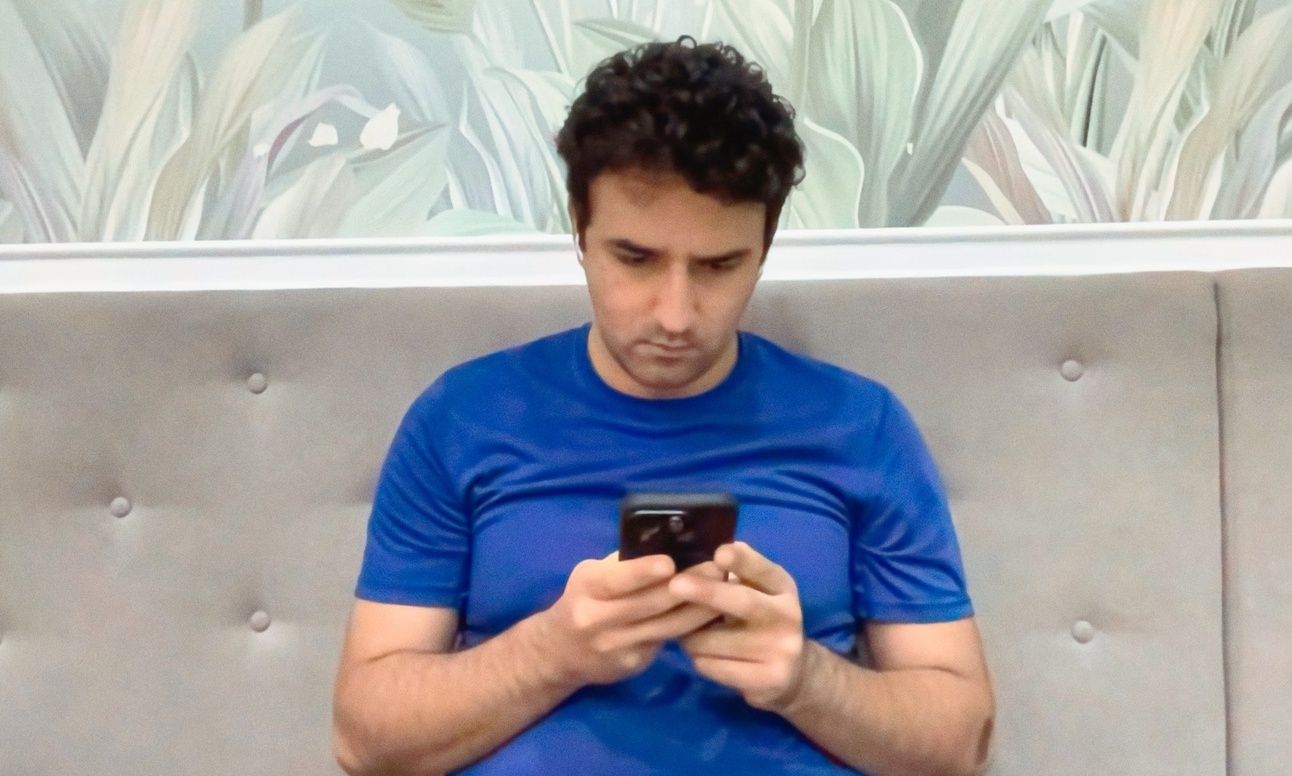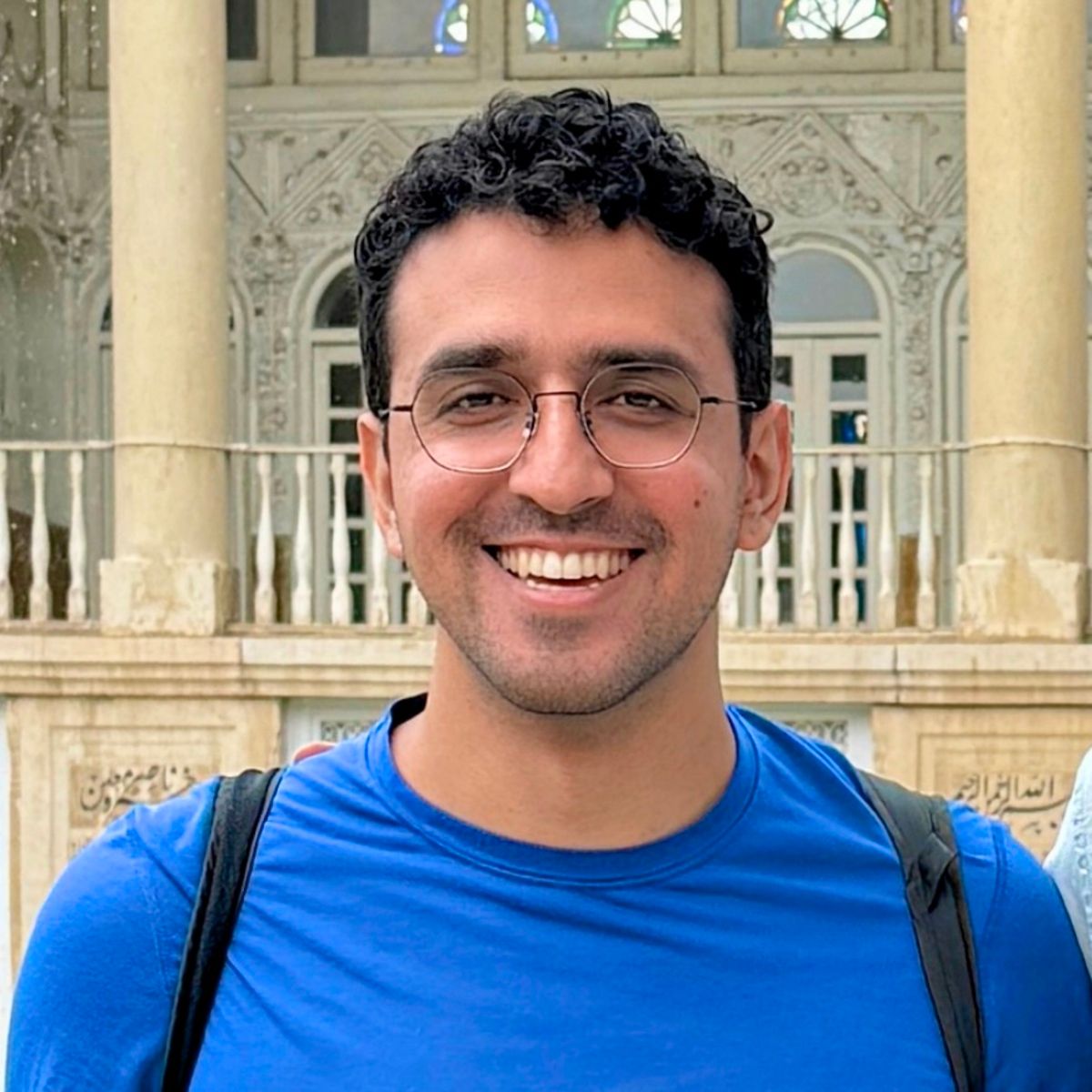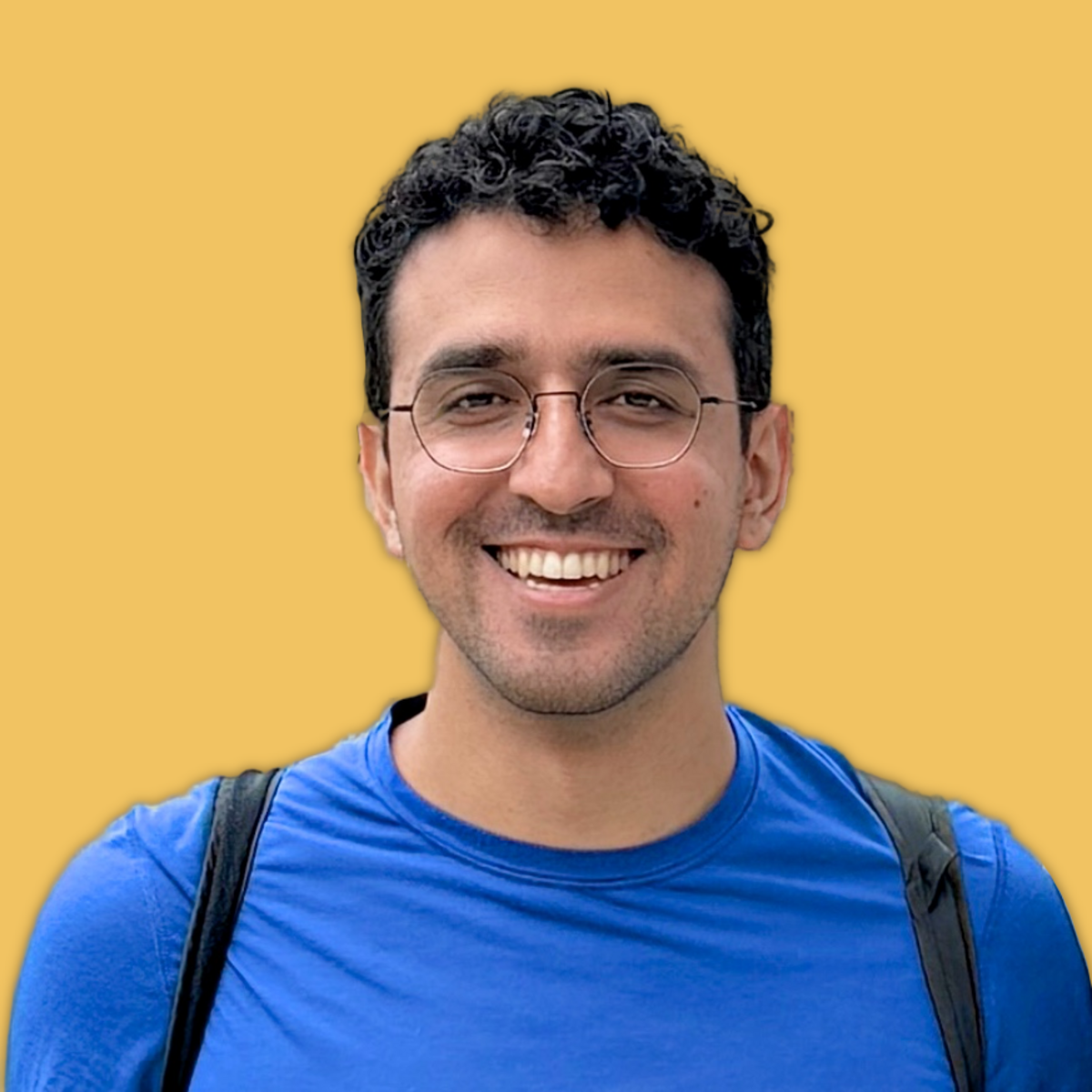No offense, but it just seems everyone, everywhere I look, spends way too much time on social media. But who’s to say it’s too much? Well, you do, and I do, we all do. We’ve seen the documentaries, and maybe we’ve even gone the extra step of tracking our screen time. But chances are, you, like me, forgot about it again and decided the nausea of checking your hours wasn’t worth the shame and inaction that followed.

So, what’s the solution?
I’m not going to say I’ve got it all figured out. But I have made more progress than I expected. My daily average for last week (6h 36m) is down 4+ hours from a month ago (10h 50m). That’s pretty impressive, to be honest. I mean, I am still spending more than a third of my waking hours on my phone, but still it’s inspiring to see progress.

The key is the first step to any recovery, truly acknowledging the problem, acknowledging it affects the quality of our lives, work, happiness, and relationships. But more than that, we have to acknowledge that giving it up, like any serious addiction, takes work. That means trying and trying again and again and again, because it’s hard but necessary, and progress takes patience. Remember, these things are proven to be addictive in how they trigger our psychological and biological reward systems. And your system is no doubt going to run more balanced if you spend less time on Instagram.I guess the challenge is that most of us don’t really want to give it up fully.
The irony isn’t lost on me that most of my professional and personal energy is spent on creating media for these platforms. But there are also true positives that have come from their existence; advancing progressive social movements, addressing taboo issues, education, and even laughter. Does that mean the positives outweigh the negative? Honestly, I can’t say so confidently. But my aim is that my social media engagement falls on the right side of the scale.
Anyway, I decided to download some somewhat gimmicky apps that claim to help you regain control by essentially making opening certain apps more challenging. I’ve tested two over the last month, Opal and Clearspace. The apps simply create time barriers to opening distracting apps. Although I’ve constantly pushed through the time barriers they presented to me, I have somehow managed to reduce my screen time. Overall, I’d say I like Clearspace more. It’s more minimal and has more of a focus on not only how long you spend on distracting apps, but also how many times you open them.
To be clear, I am not saying these apps are the solution. They’re one tool that you may or may not find helpful. Just like any addiction, there are many ways to tackle it. The key is to take it seriously and keep experimenting to make continuous progress.
This week I also started incorporating a new system, in which I don’t permit myself to view recreational media or check media apps until I’ve completed my work hours for the day. Again, like any proper addiction, there have been setbacks, but as long as I keep trying, the pull will get weaker and I will make progress.
The top thing for me has been to consistently acknowledge my struggle with maintaining a healthy relationship to the apps. That alone has made me more aware of its role in my life and motivated me to try tools and habits that can at the very least remind me of the persistent danger of allowing my life hours to be consumed by media.
I would love to hear your thoughts and experiences with our common addiction.
Take care,
Naser

